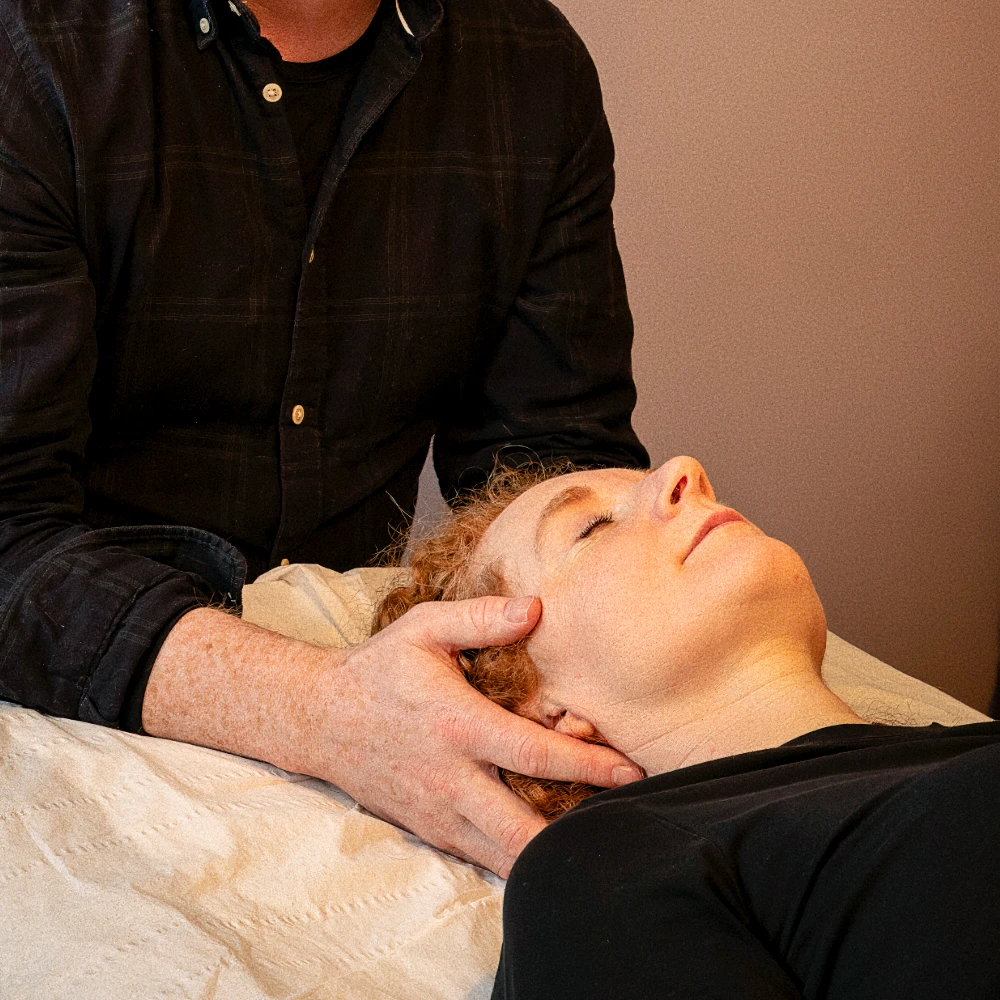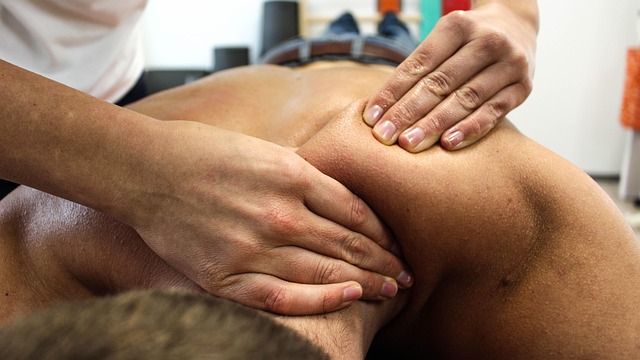Adult Females
Balancing the Nervous System
CST is known for its impact on the autonomic nervous system, which plays a crucial role in regulating bodily functions. For women, this can be particularly significant in managing stress, anxiety, and hormonal fluctuations associated with the menstrual cycle or hormonal shifts. By promoting a state of deep relaxation, craniosacral therapy helps balance the sympathetic and parasympathetic branches of the nervous system, contributing to emotional stability and mental clarity.
Menstrual Health
Many women experience discomfort and pain related to menstruation. Craniosacral therapy can be a valuable adjunct to traditional approaches in addressing menstrual issues. The therapy’s gentle touch may help release tension in the pelvic area, improving blood flow and reducing cramps. Additionally, by influencing the hormonal balance through nervous system regulation, CST has the potential to alleviate symptoms associated with premenstrual syndrome (PMS) or hormonal shifts.
Addressing Emotional Well-being and Trauma
The mind-body connection is integral to craniosacral therapy. Emotional stress and trauma can manifest physically in the body, leading to tension and discomfort. For women, emotional well-being is closely tied to their physical health. CST’s gentle touch and focus on releasing restrictions in the body may help women process and release emotional tension, contributing to an overall sense of well-being.
Hormonal Balance
Hormonal fluctuations are a natural part of a woman’s life, from adolescence through menopause. Craniosacral therapy works with the body’s innate intelligence to promote hormonal balance. By reducing stress and tension, CST may positively impact the endocrine system, helping to regulate hormonal levels and mitigate symptoms related to hormonal imbalances, such as mood swings and irregular menstrual cycles.
Pregnancy and Postpartum Support
Craniosacral therapy can be particularly beneficial during pregnancy and postpartum recovery. The therapy’s gentle techniques can help alleviate the physical strain associated with carrying a child. By addressing tension in the pelvic region, CST may contribute to optimal fetal positioning, potentially easing the birthing process.
Postpartum, CST can aid in the recovery of the pelvic floor muscles and support the body in returning to its pre-pregnancy state. It may also provide emotional support, addressing any residual trauma from the birthing experience. CST’s calming effect on the nervous system can be particularly helpful for managing the stressors of new motherhood.
Adult males
Craniosacral therapy is a somatic based therapy that supports men with fertility issues, suffering from burnout, depression, stress, anxiety, tension and mental and emotional difficulties. So often men bring their car for a service but don’t look after themselves. CST can help support men going through difficult times and give them the space to stop relax reflect and rebalance.
Children
Our children now more than ever need supportive therapy. Stress and anxiety caused from starting new schools, transitioning from primary to secondary, puberty, exam pressure, sporting injuries, peer pressure can all take their toll on the mental and emotional wellbeing of children.
Working with parents Craniosacral Therapy can help with these difficulties in an gentle and compassionate way.
CST can help in conjunction with other therapies to support children with developmental sensory problems and those who suffer from environments that are not supportive of neurodivergent children.
Infants
Craniosacral therapy (CST), developed by Dr. John Upledger, is a gentle, hands-on method used to address a variety of issues in babies, such as feeding difficulties, colic, sleep problems, and issues related to birth trauma, like forceps or vacuum delivery. The therapy involves the therapist working with the baby’s craniosacral system – the membranes and fluid surrounding the brain and spinal cord – to release restrictions that may have developed during birth. Parents often seek CST for babies who seem unsettled, have difficulties with feeding and digestion, or show signs of plagiocephaly (a flattened head).
- Birth Trauma: To address compression or other issues arising from traumatic births, including those involving C-sections, forceps, or vacuum extraction.
- Feeding & Digestive Issues: Help with problems like difficulty latching, sucking, or issues with colic and irregular bowel movements.
- Sleep & Behaviour: Babies may become more settled, sleep better, and become more relaxed with treatment.
- Plagiocephaly: Can be used to address a flattened appearance of the baby’s head.

